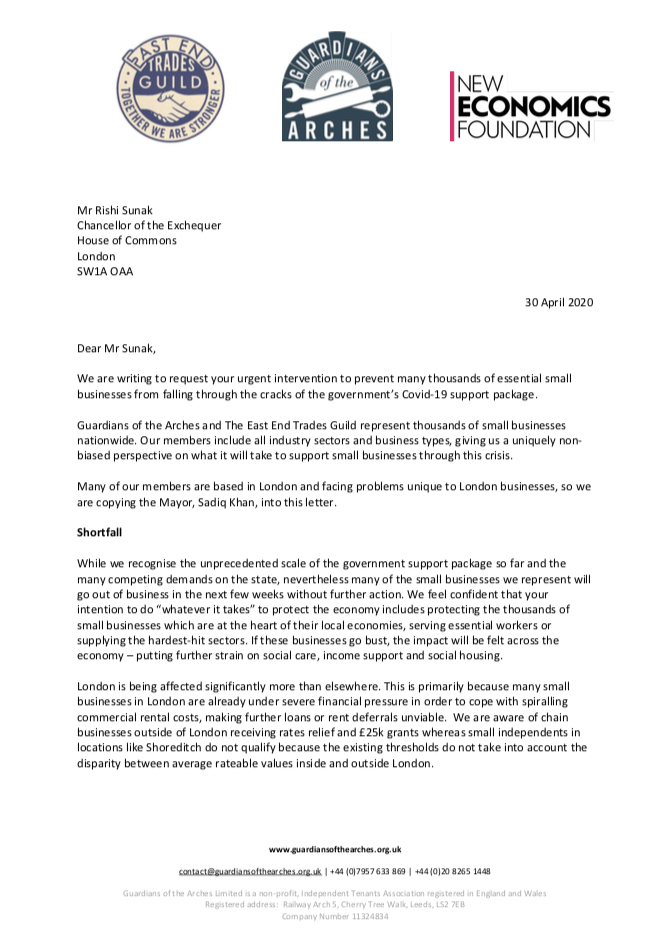“…without prejudice, save as to costs”
Calderbank v Calderbank 1975 3 All ER 333 (EWCA) was an important English Court of Appeal decision establishing the concept of a 'Calderbank Offer'. A “Calderbank Offer” can often be identified by the disclaimer 'without prejudice, save as to costs'. A Calderbank letter must remain secret and outside the knowledge of the court until the judgment has been rendered at which point, when costs are spoken to, it may be revealed to the court and submissions made as to the applicability of cost penalties associated with the alleged similarity of the judgment to the offer to settle. Rent review Calderbank offer. A Calderbank offer is a letter, expressed as 'without prejudice save as to costs', which contains an offer to the other party in the review inviting it to settle without taking the arbitration further. The letter must set out all terms to settle the dispute, principally rent and costs. Usually, a Calderbank letter will include a sentence to the effect of: This offer is made in accordance with the principles expressed in Calderbank v Calderbank 1975 3 All ER 333. Genuine Offer of Compromise. The offer must be a genuine offer of compromise. A compromise has been defined as. The Court also suggested that a letter like the one used in this case by the plaintiff should sound in costs. What has become known as a Calderbank letter developed into a recognised procedure to set up an award of costs based on a willingness to settle. In simple terms, when you make or reject a Calderbank offer, you are taking an educated bet.
WHAT THEY ARE
A “Calderbank offer“ is named after the decision in Calderbank v Calderbank, an important case from the English Court of Appeal.
It is a written offer made in full and final settlement of a claim, inclusive of any claim for legal costs, made on a without prejudice basis. Being made on this basis, the party making the offer expressly reserves the right to notify the court of the offer if and when the question of costs in the matter arises.
Where a party refuses a Calderbank offer to settle a matter, it proceeds to trial and that party is successful but their award is less than the declined settlement offer, they will be held to have unreasonably rejected the offer. Consequently, any award for court costs made to the winning party may be reduced severely, or the winning party may be ordered to pay the costs of the losing party. The critical question is whether the rejection of the offer was unreasonable in the circumstances.
AN EFFECTIVE CALDERBANK OFFER
The offer should note that it is made in accordance with the principles expressed in Calderbank v Calderbank.

In considering whether a rejection of a Calderbank offer was unreasonable a Court should ordinarily have regard to the following:
- The stage of the proceedings at which the offer was rejected;
- The time allowed to the offeree to consider the offer;
- The extent of the compromise offered;
- The offeree’s prospects of success, assessed as at the date of the offer;
- The clarity with which the terms of the offer were expressed; and
- Whether the offer foreshadowed an application for indemnity costs in the event of the offeree’s rejection of it.[1]
TIME
The stage at which the offer was made and the time allowed to the party to consider the offer will be crucial in determining the reasonableness of rejecting the offer.
- At a minimum a Calderbank offer would normally be open for at least the time provided by a formal offer, not less than 14 days after service of the offer on the other party;[2]
- If time is not a critical factor it is prudent to nominate a longer time period, such as 21 – 28 days;
- If time is a critical factor, what is considered reasonable will depend on the individual circumstances of a matter.
CLARITY


While not determinative, it may be sensible to provide a sufficiently detailed explanation of the reasons for making the Calderbank offer and of the terms and consequences of the offer. Because it is not unreasonable to reject an offer that leaves the offeree in reasonable doubt as to what is being offered, an offer accompanied by a sufficiently detailed explanation is more likely to place the offeree on notice as to the extent of compromise being made. Ultimately this will assist the Court to determine whether it was reasonable in all the circumstances for the offeree to reject the offer.
GST
The offering party should specify whether the Calderbank offer includes or excludes GST.[3]
SOURCES
[1]Hazeldine’s Chicken Farm Pty Ltd v Victorian WorkCover Authority (No 2)
[2] Supreme Court (General Civil Procedure Rules) 2005, Part 2
Calderbank Letter Template Printable

Calderbank Letter Templates
[3]Rj Baker Nominees Pty Ltd v Parsons Management Group Pty Ltd [2010] WASCA 128
